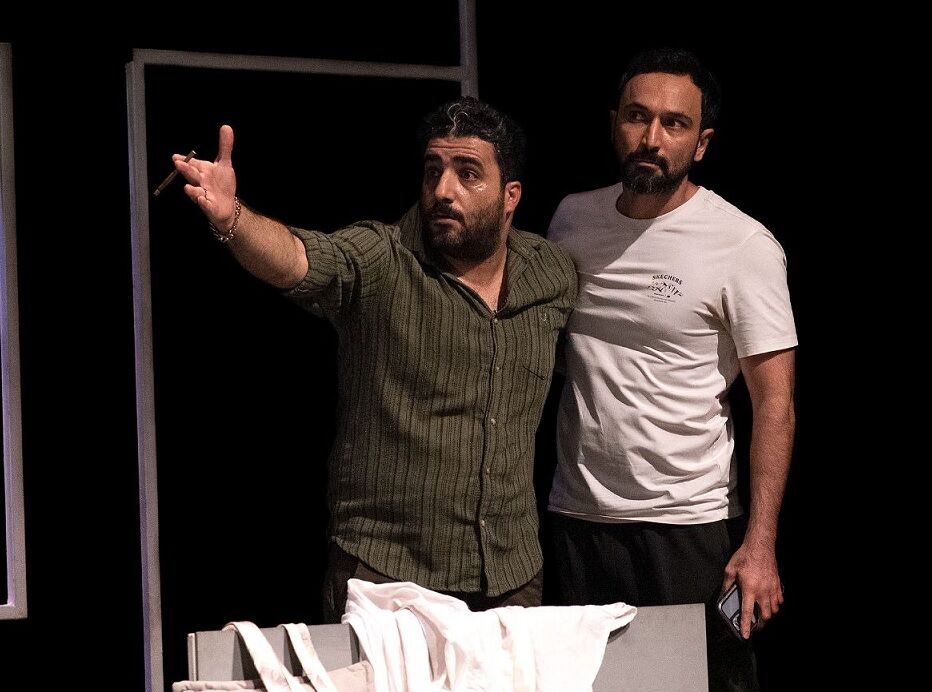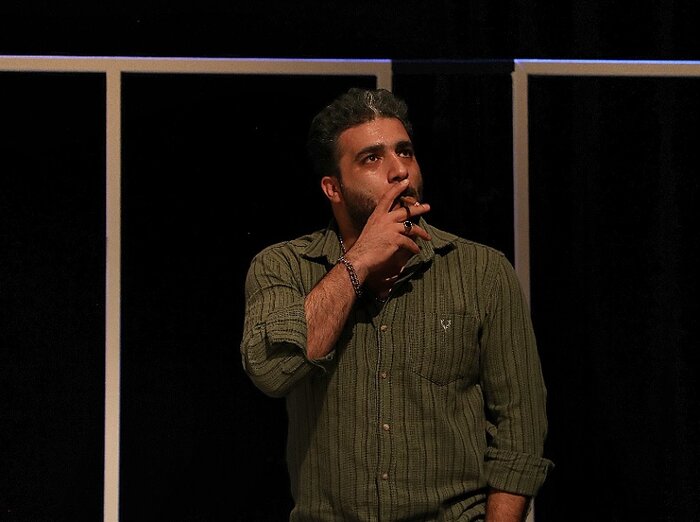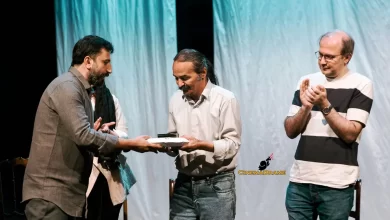Shalheng says, “What’s going on in people’s homes?”

In an interview about the target audience of the play Shalheng, Aqil Behrami stated: “Our audience includes young adults and adults who are at the age of marriage or are about to make decisions about it. Those who are already married, in life, alongside happiness, inevitably face difficulties. They are also part of the audience for this play.”
According to cinemadrame, He explained the formation of the play: “Babak Qaderi, the director, told me during the rehearsals of House of Light that he wanted to create a play about marital and marriage issues. I was very happy with the role. We rehearsed for four or five months and had table readings. Including the rehearsals and on-stage performances, we performed this play about 70 times without the text.”
Behrami spoke about the theme of the play: “A shared life means a life of sharing. Given the economic situation, this life has become difficult. Yet, one of the most beautiful things can be marriage. Many people from the ’60s generation still haven’t figured themselves out. No one ever talked to us about marriage in school. I’ve rarely seen people research marriage laws. When we sign during engagement, we don’t even know what we’re signing.”
On his role, he said: “I play a character who, due to his financial power, has narcissism. This was very interesting for me. Another aspect I enjoyed about this role was working alongside Mahnaz Noorouzi. In our previous play, we were a couple as well. Noorouzi is a smart actress, and I feel comfortable with her.”
Behrami explained the direction of Shalheng: “Qaderi wants everything to feel very real. He says we have a single-shot sequence where the actors cannot go backstage for a second. There’s no wall, everything is exposed. For seventy minutes, I have to coordinate with nine other actors.”
He added: “Anyone who does acting wants to be seen. The biggest mistake an actor can make is to do something that makes everyone watch them and attract unnecessary attention. A good actor is one who doesn’t overreact or add unnecessary lines in response to their co-actor. In this play, ten actors are in a long shot. Where the main event is focused on another actor, I need to help them with my silence. The peak of acting is when you enjoy collaborating with your fellow actor.”

“The audience is not satisfied, you’ve lost.”
This actor emphasized that nowadays the audience has access to the best works in the world, stating: “In the realm of social media and home entertainment, a lot of content is produced. In this context, it is very valuable when someone chooses to watch theater. If you can’t satisfy the audience, you’ve lost. To satisfy them, you need to work with all your heart and soul.”
He added: “Since the first day I came to theater, I’ve never been concerned with knowing what happened to a Danish king. I didn’t want to work on Chekhov’s Three Sisters or Hamlet. Of course, these are valuable works. But I wanted to perform in realistic Iranian works that reflect the concerns of society. We pass by these people from morning to night. Shalheng is a window that shows what’s going on in people’s homes. We didn’t want to have strange movements and tones in the acting for this play.”
Babak Qaderi, after staging Happy Birthday and House of Light, has now brought Shalheng to the stage at the Nofel Lushato Mansion, with Manouchehr Hadi as the producer, starting from August 7.
Shalheng is the third play in Qaderi’s series of social-themed works, designed by Noushin Tabrizi and written by Arezu Khajani. It tells the story of the complex relationships in today’s society in 70 minutes.
The cast includes Marzieh Sadraei, Hamed Rahimi Nasr, Aylah Nosheri, Aqil Behrami, Behdad Qaderi, Behzad Karimi, Mohammadreza Hosseini, Mahnaz and Shahnaz Noorouzi, and Mobina Hadi.
Shalheng will run until September 1 at 7:30 PM at the Nofel Lushato Mansion. The summary of the play reads: “New experiences from the renowned relationships…” /IRNA – Ehsan Rahimzadeh Hanachi







